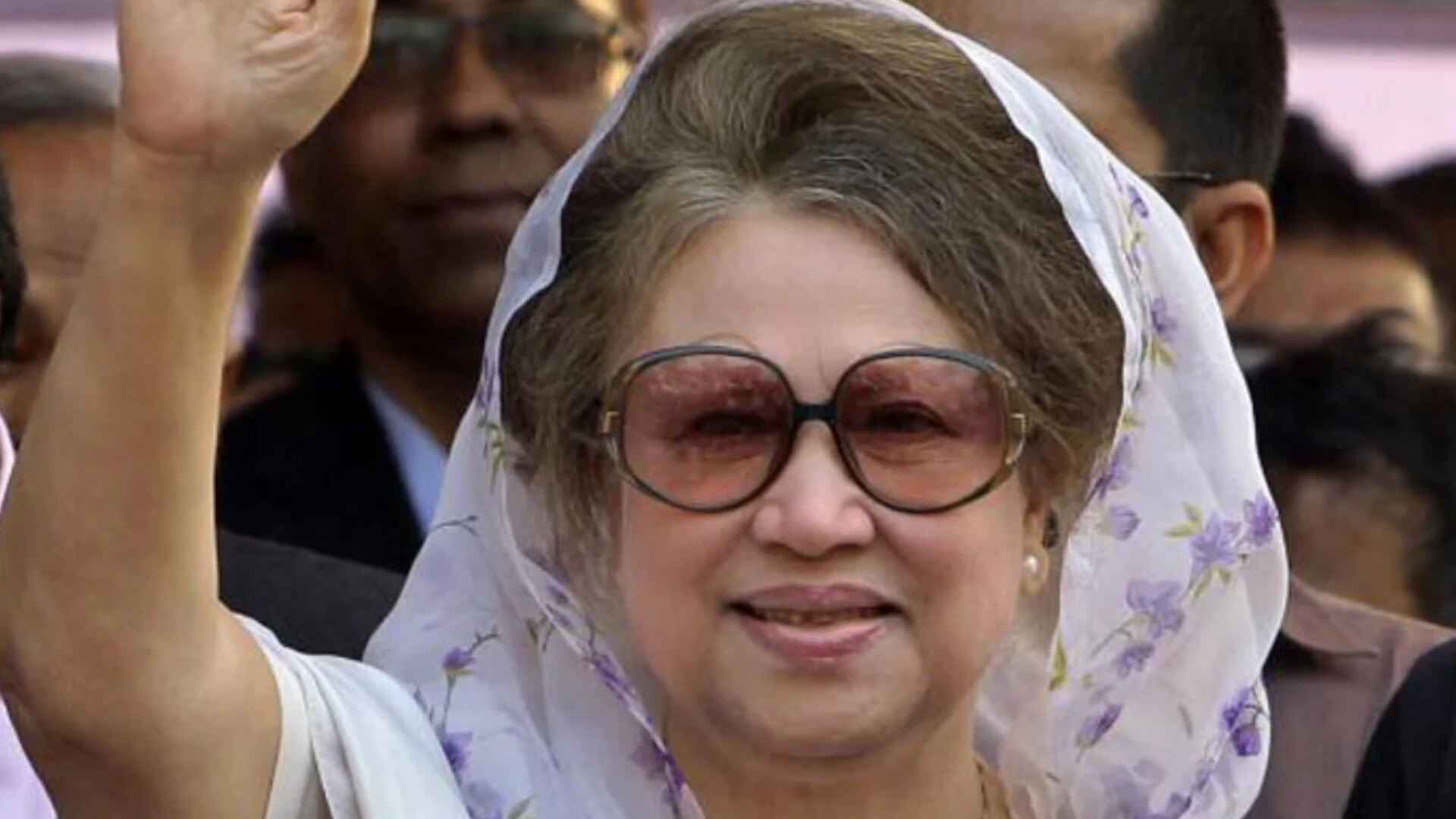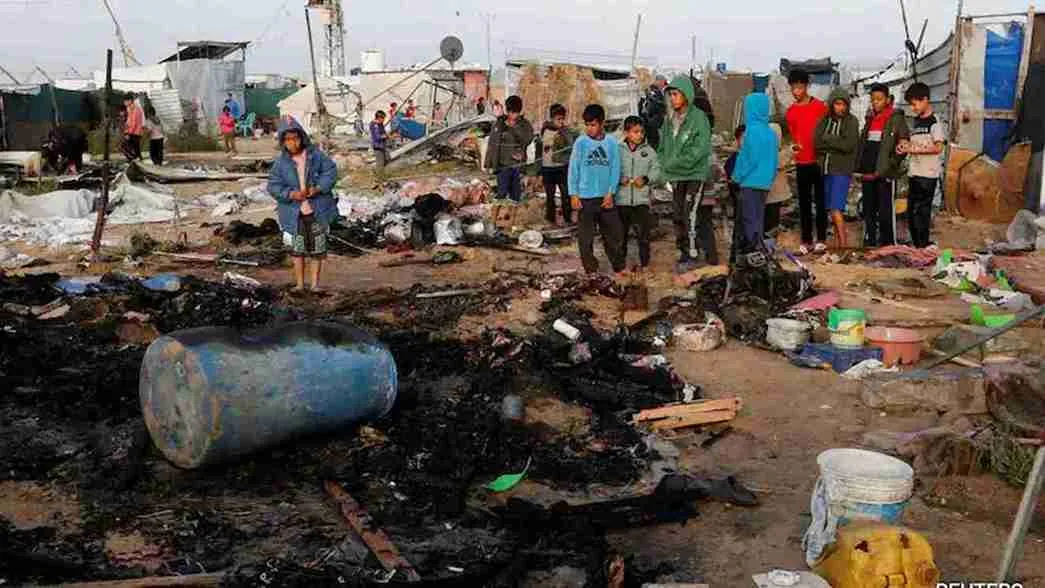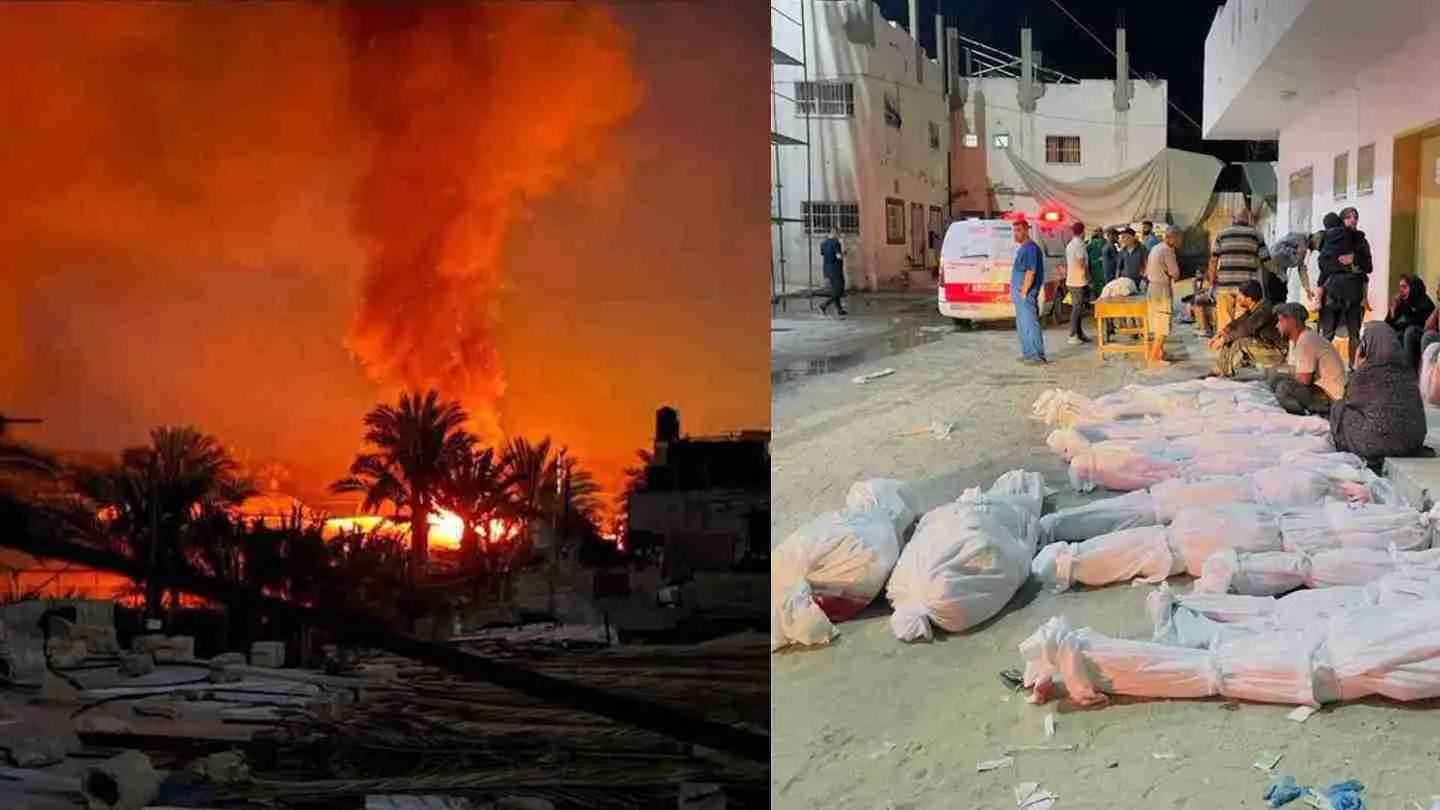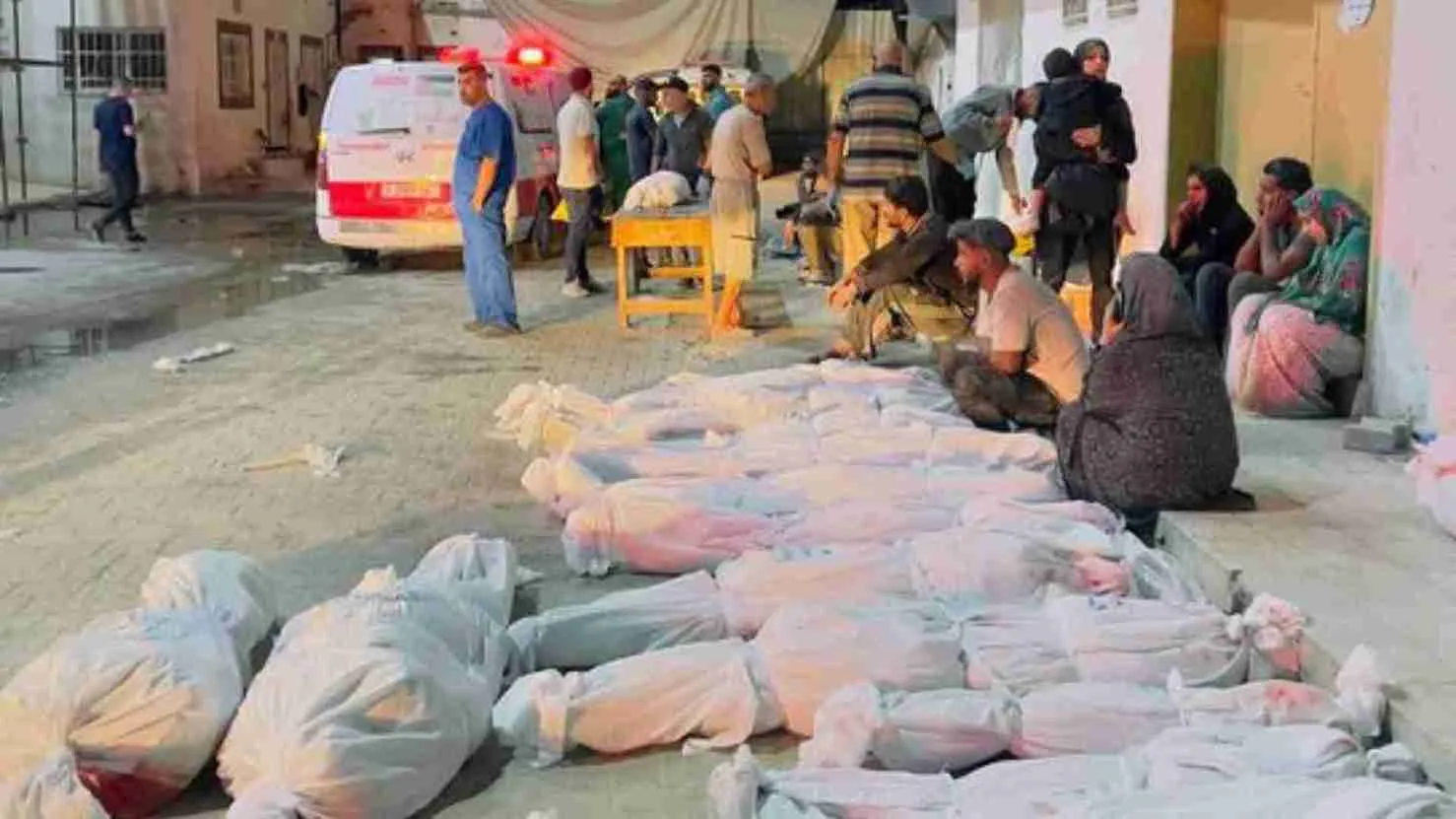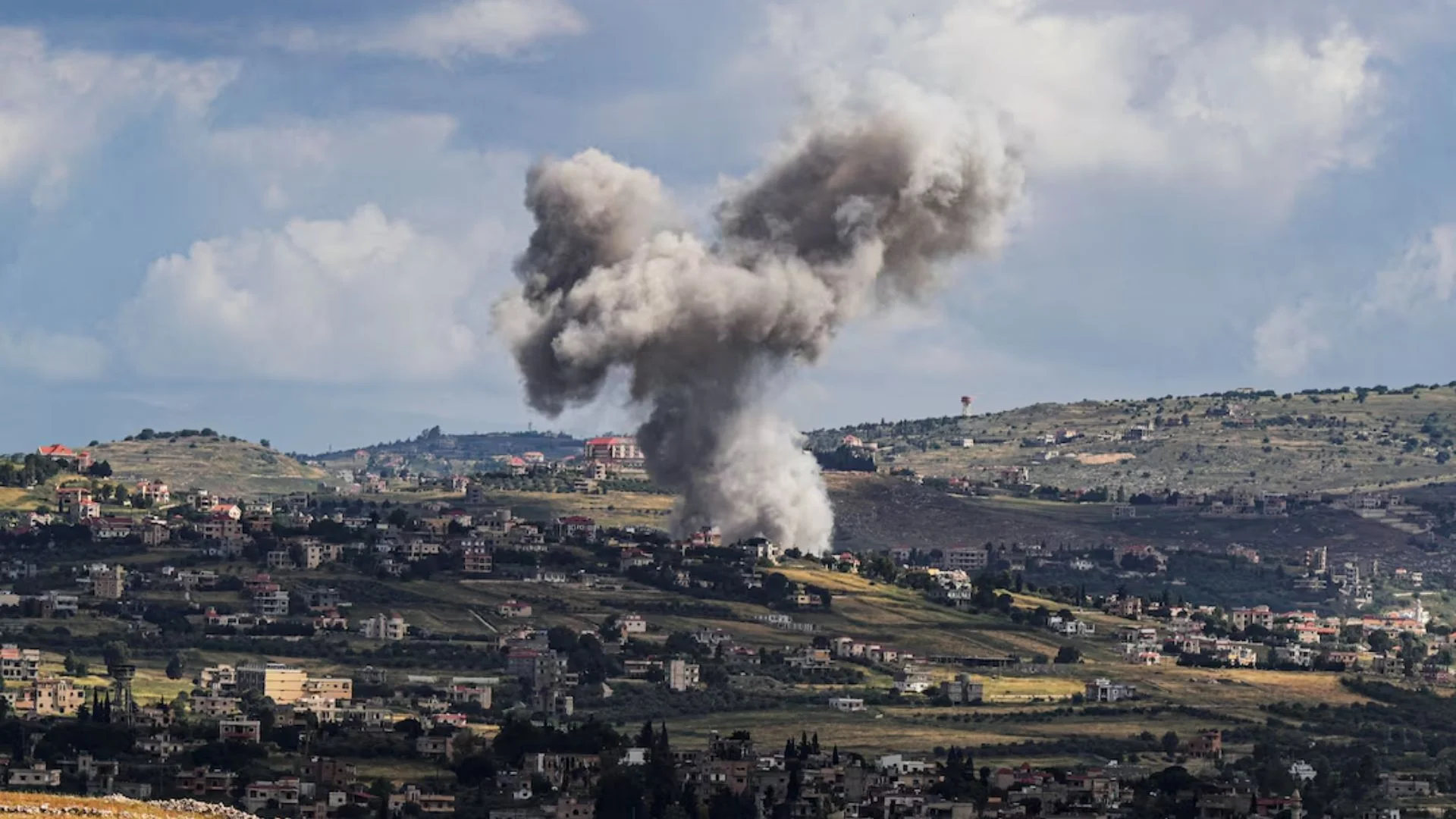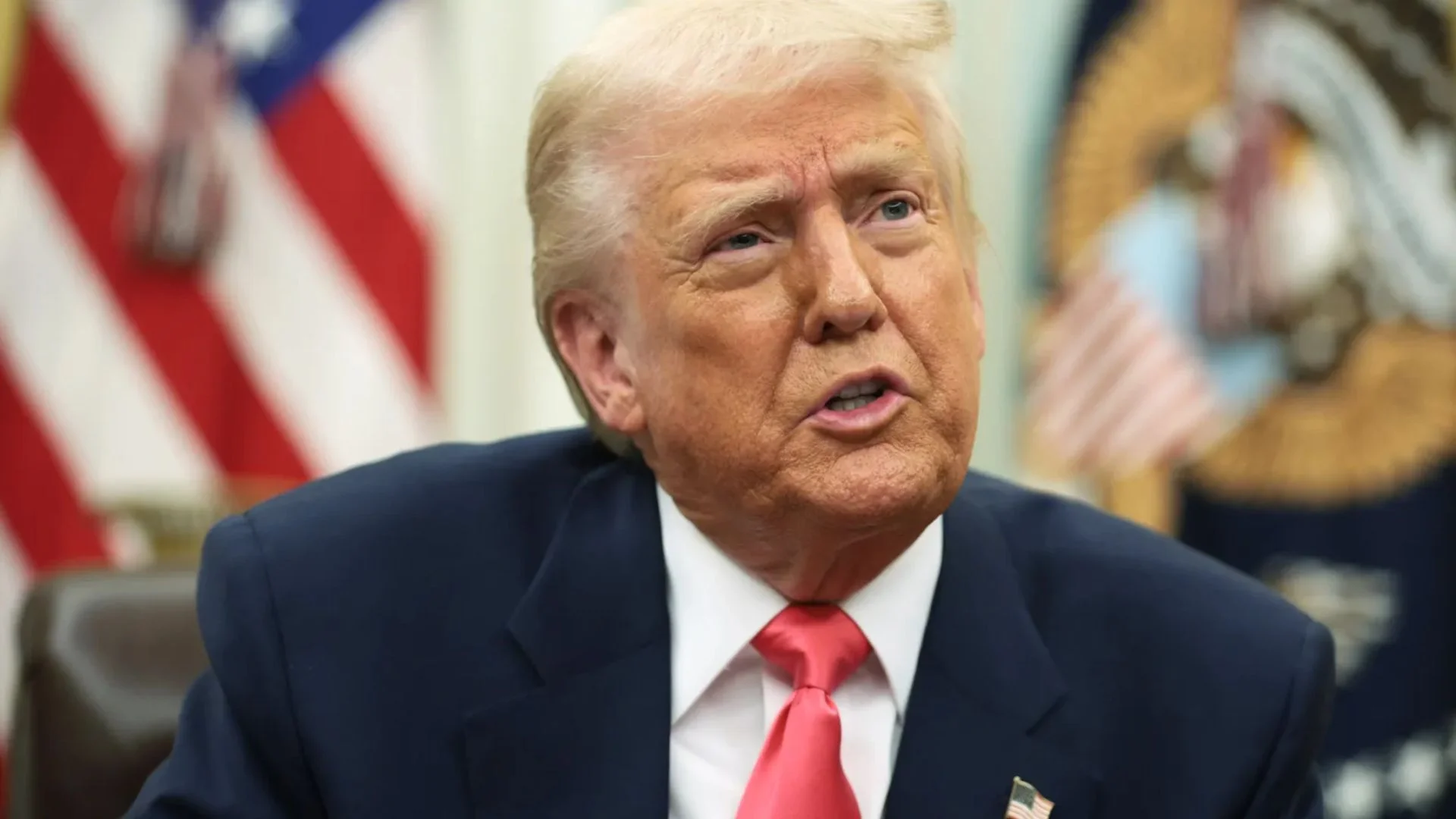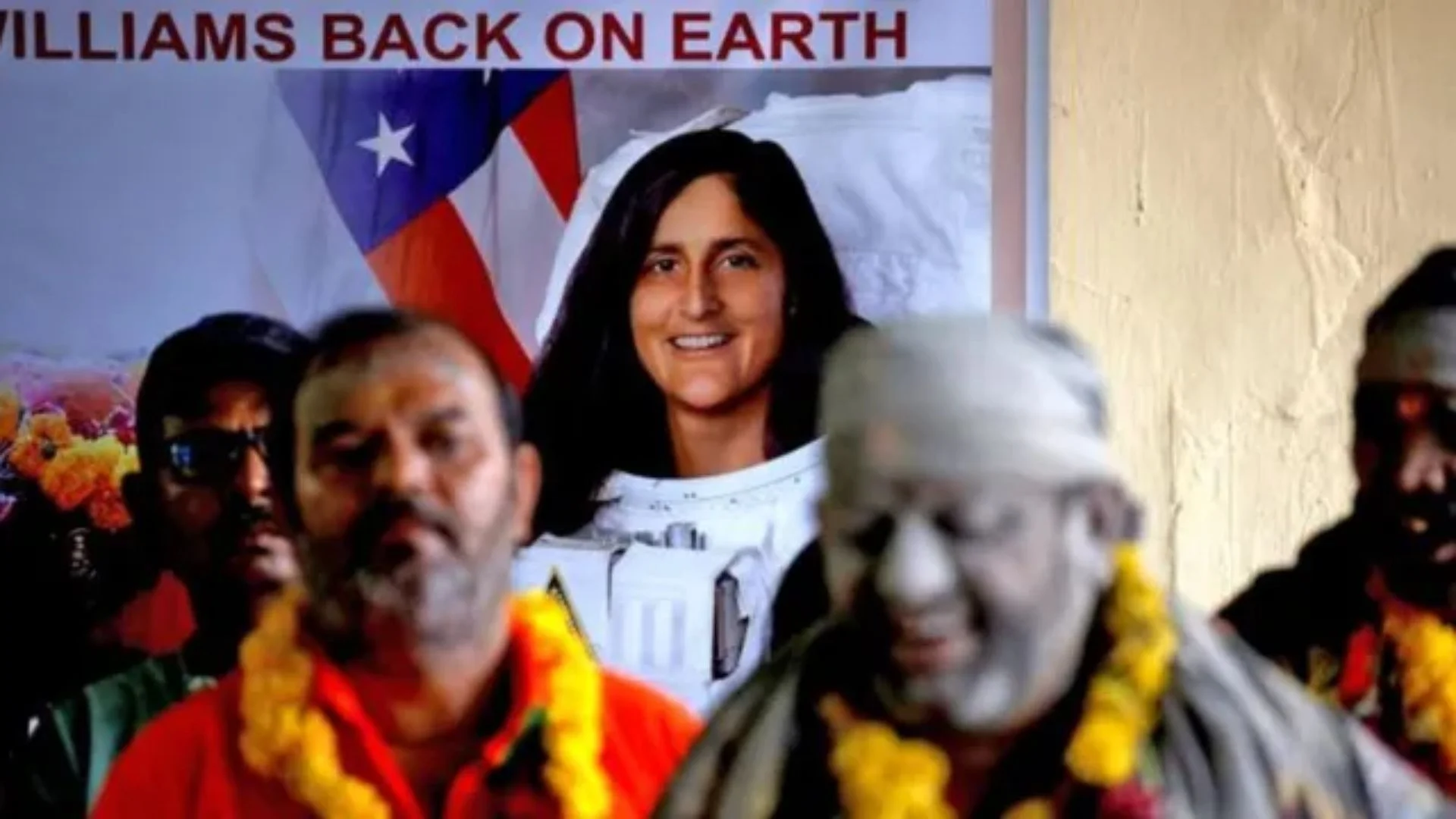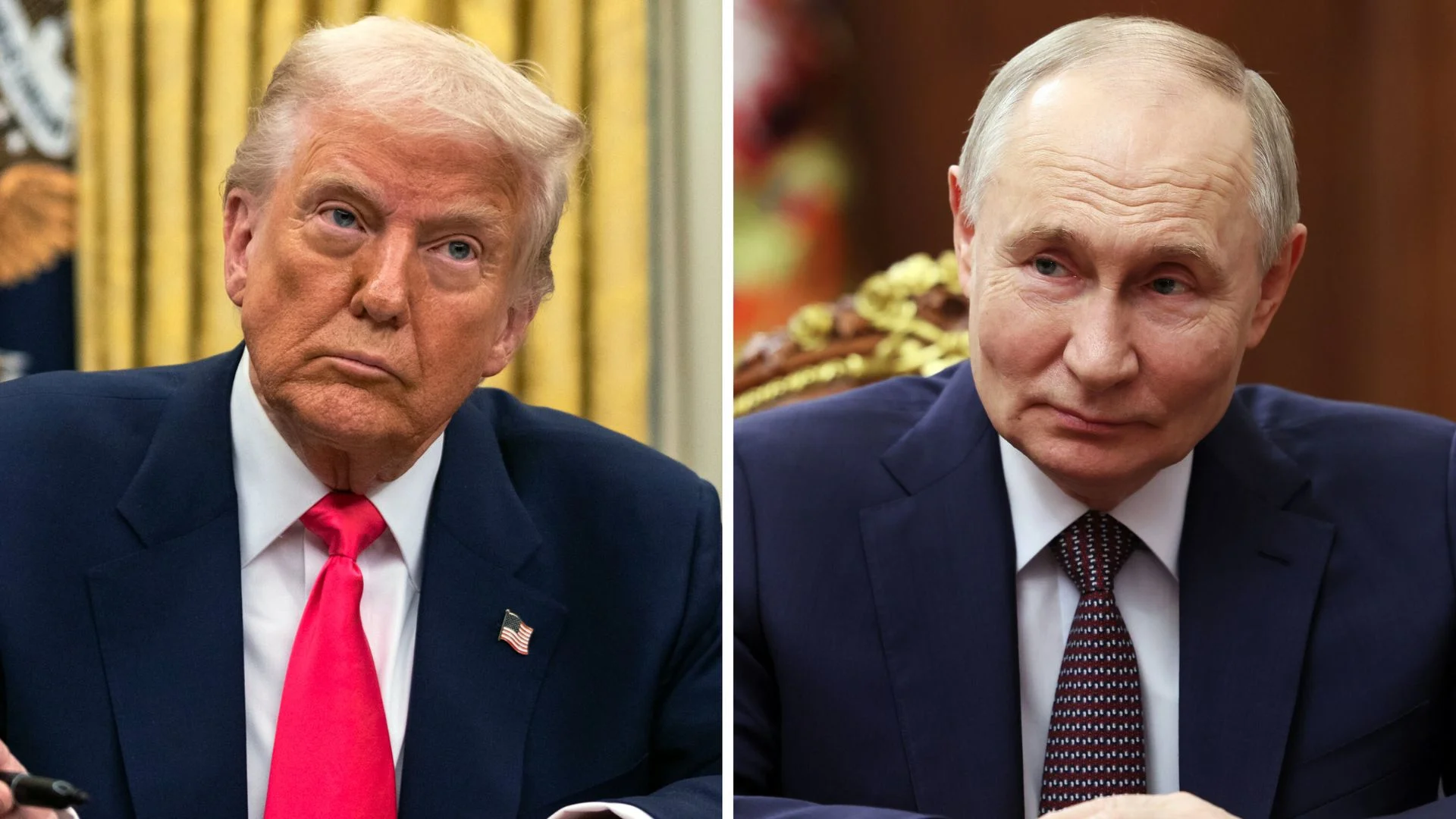With the escalating political crisis in Bangladesh, former Prime Minister Begum Khaleda Zia has been thrust into the limelight. This development follows the resignation and flight of her longtime adversary, Sheikh Hasina, amid violent student protests against the government’s quota system for jobs.
On Monday, August 5, Hasina fled Bangladesh after a month of unrest, leaving a power vacuum that President Mohammed Shahabuddin swiftly moved to address. In a statement issued after discussions with Army Chief General Waker-Uz-Zaman, the President announced the immediate release of Zia, the key opposition leader and chairperson of the Bangladesh Nationalist Party (BNP).
Who Is Khaleda Zia?
Khaleda Zia, 78, is a prominent figure in Bangladeshi politics, having served multiple terms as the country’s Prime Minister. She was born in August 1945 in Jalpaiguri, in what was then undivided India. Her entry into politics was catalyzed by the assassination of her husband, Lt General Ziaur Rahman, a former military ruler and founder of the BNP, in 1981.
Zia made history by becoming Bangladesh’s first female Prime Minister in 1991, navigating the country through significant civil unrest. Her government, lacking a majority, was supported by Jamaat-e-Islami. She returned to power briefly in 1996 but was compelled to step down after 12 days amid demands from opposition parties led by the Awami League. This political rivalry with Sheikh Hasina has been a defining feature of Bangladesh’s political landscape, leading to alternating periods of governance between the two leaders.
In 2001, Zia again ascended to the role of Prime Minister, serving a full term until 2006. However, her political career was marred by charges of corruption and abuse of power, leading to her arrest in 2007. Her younger son, Arafat, was also detained on similar charges, while her other son, Tarique Rahman, fled to the UK where he has resided since 2008.
Why Was Khaleda Zia Arrested?
In 2018, Zia was sentenced to 17 years in prison on graft charges, which her supporters decried as politically motivated. Asif Nazrul, a law professor at the University of Dhaka, highlighted the controversial nature of her trial, stating, “Her trial was very controversial. Even at the appeal stage, her punishment was doubled by the high court, which is very rare in Bangladesh or many other common law states.”
Zia was released from jail in March 2020 on health grounds but was placed under house arrest with restrictions on travel abroad for medical treatment. Her health has since deteriorated, with repeated hospital admissions over the past months. In June, BNP Secretary General Mirza Fakhrul Islam Alamgir claimed Zia was on her “deathbed,” accusing the Hasina government of harboring a “personal political vendetta” against her.
As Bangladesh grapples with its political turmoil, the release of Khaleda Zia marks a significant turn of events, highlighting the ongoing volatility and deep-seated rivalries that continue to shape the nation’s political narrative.

